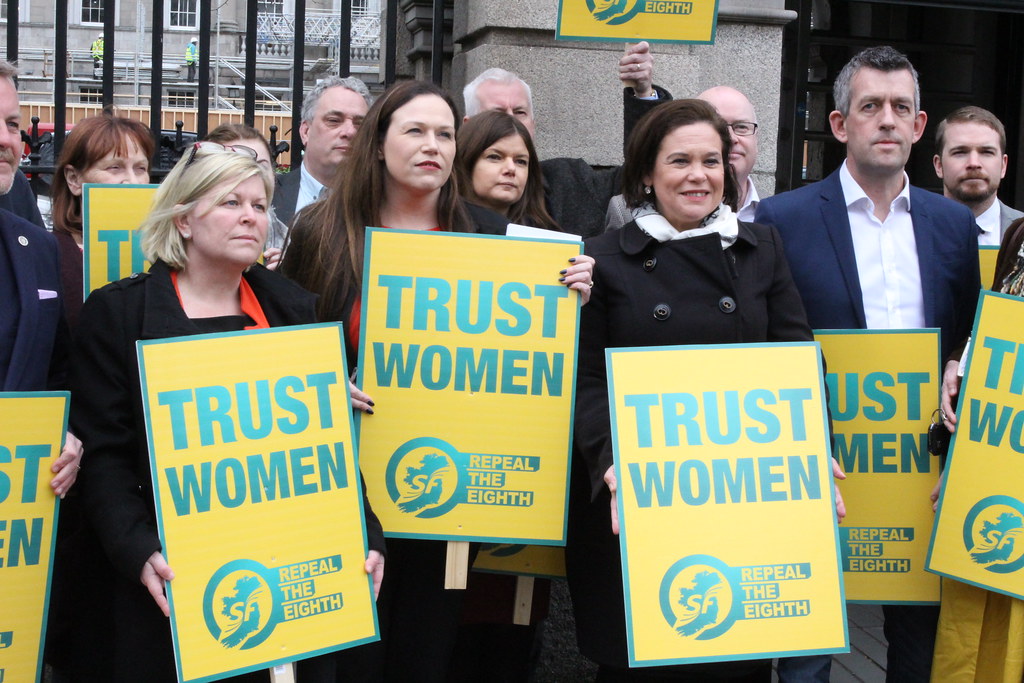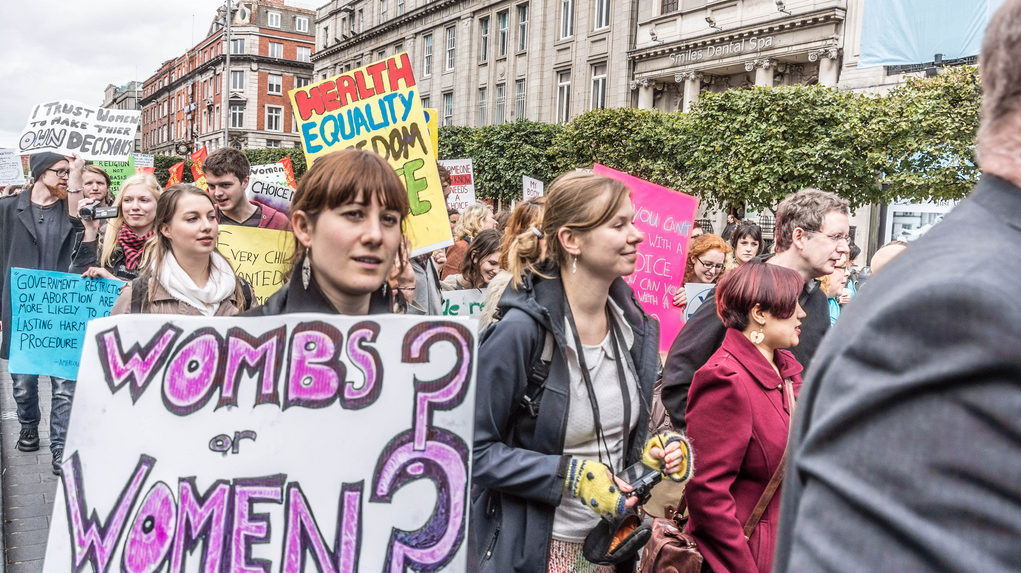Last week, Christ Church JCR held an Emergency General Meeting on a motion relating to the upcoming abortion referendum in Ireland. The motion, which called for the JCR to support Repeal the Eighth, a campaign advocating a ‘Yes’ vote, would also have mandated the Gender Equalities Officer to propose a further motion, establishing a fund to subsidise the travel expenses of those wishing to travel home to vote.
I am one of two Irish members of Christ Church JCR, and the motion raised some troubling questions. Would it be appropriate for a JCR to become so publicly politicised, especially with respect to the democracy of another sovereign state? If college JCRs are supposed to represent and further the interests of all their members, how can taking sides in contentious political issues be helpful and inclusive?
The recent events at Christ Church are a case in point as to why the politicisation of college JCRs would be a grave step in the wrong direction, and how attempts to do so can be both inconsiderate and ham-fisted. One area of concern in relation to this motion was the proposers’ patronising tone compounded with their lack of engagement with the two Irish members of the JCR.
The overarching implication of the motion was that Irish voters were unable to adequately inform themselves ahead of the vote or, indeed, decide how to vote without a gentle nudge in the right direction from Christ Church. Mandating the Gender Equalities Officer “to provide information to our members about how they can get involved in Oxford’s campaign to repeal the eighth amendment” was an insult to the intelligence of those same members who surely didn’t need the intervention of their JCR to become engaged with one of the most prominent political issues in their country for the last several years.
Given the infamous complexity of Ireland’s historical relationship with Britain, this kind of dogmatic exposition by a JCR at a university which has historically rested at the heart of the British establishment would have been highly inappropriate. This issue could equally arise in the case of any other former British colony and shows the peril of allowing college JCRs to venture into the minefield of politics.
I am the only Irish member who is actually able to vote in the referendum; the other, incidentally the only female member, has an out-of-date passport, meaning that the motion would only have affected one member who did not wish to accept the £50 grant. The motion focused heavily on the democratic rights of Irish voters at Christ Church yet failed to elucidate that only two such members exist.
The result was that the motion, which would have had no practical effect, unnecessarily brought controversial, divisive and potentially upsetting issues to the surface in a wholly inappropriate setting.

This is another danger of setting a precedent for college JCRs to take positions on political issues. When motions such as this are insensitively bundled together to make a political point without consulting the members whom they claim to benefit, the risk is that they are reduced to little more than virtue-signalling.
As an Irish person, I am more aware than anyone of the issues surrounding the Eighth Amendment to Bunreacht na Éireann. However, for those issues to be raised in a foreign country and for a college JCR to claim to know best is something the vast majority of Irish people would likely find repugnant.
Pegging the establishment of the travel fund to the passage of a motion supporting the ‘Yes’ side was equally problematic. A motion supporting Repeal the Eighth under which a fund to travel home to vote would be set up would have carried with it a sense of obligation to vote accordingly in the referendum. It would have been very troubling from a democratic perspective that a motion purporting to further democratic principles could have placed voters in a compromised position. What if either of the two Irish voters had wished to vote ‘No’? More broadly, were a college JCR to take a side, on any issue, it would be to the neglect of the diversity of opinion, which might often be founded on religion and other social factors, and cause many members of the JCR to feel marginalised and unrepresented.
This is precisely the opposite of what JCRs are supposed to achieve and shows why they should steer clear of politics. Politics is inherently divisive and best confined to our world-famous debating chamber.
In the end, the motion was amended, removing the clause necessitating public support for Repeal the Eighth, leaving only the voting fund, showing the reluctance of the Christ Church JCR to make inroads into politics. The amended motion passed. Yes, it may have been poorly handled and far from a shining example of how a JCR might approach political issues, but it is enough to show why they should not even attempt to do so in the first place.
By all means allocate funds to help students travel to their home countries, but do not purport to know better than them or tell them how they should vote.



